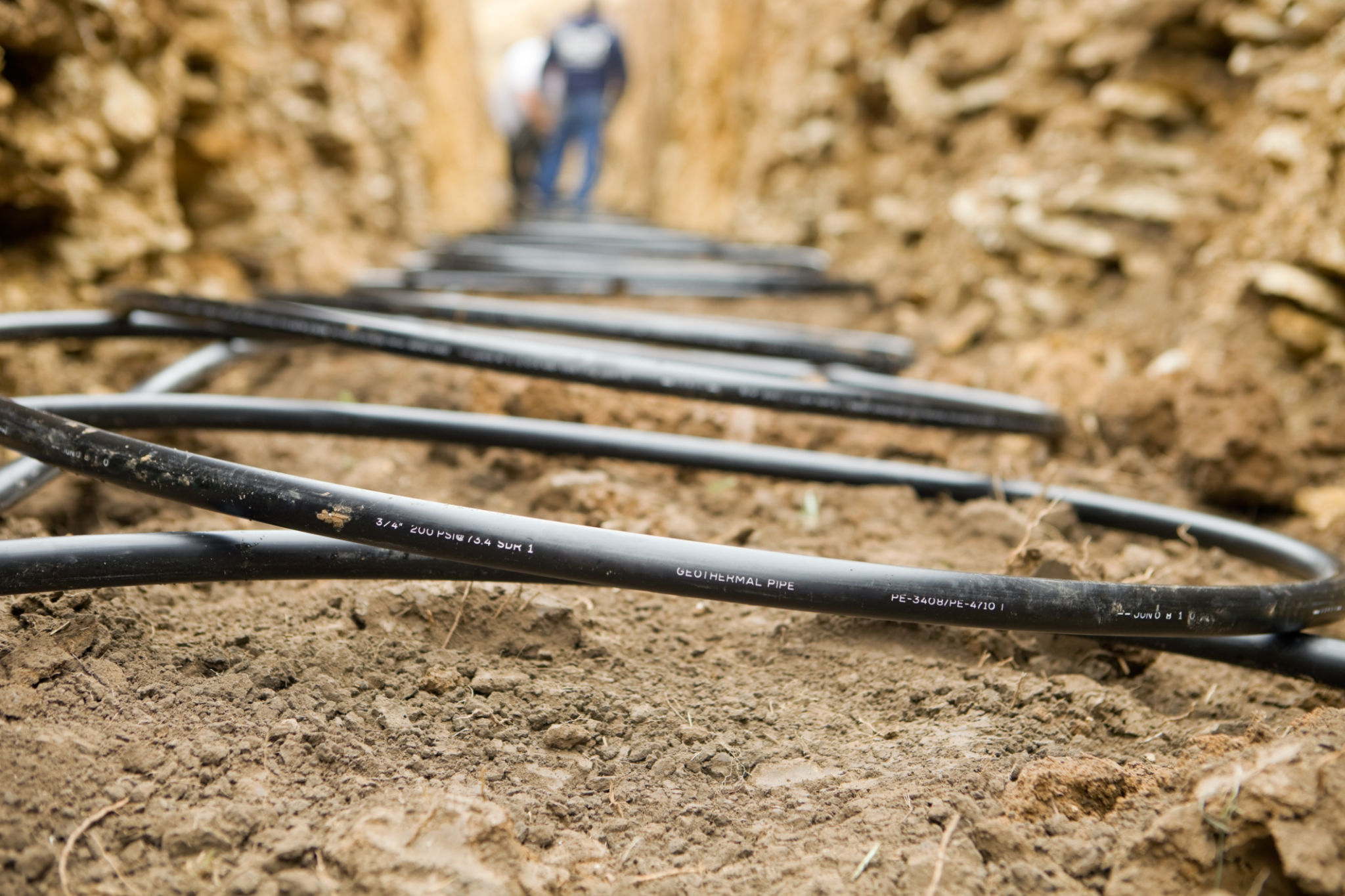Local Trends in HVAC: Embracing New Technologies
Introduction to Local HVAC Trends
As the world of HVAC (Heating, Ventilation, and Air Conditioning) continues to evolve, embracing new technologies has become crucial for businesses and homeowners alike. The industry is witnessing a shift towards more sustainable and efficient solutions, responding to both environmental concerns and advancements in technology.

Smart HVAC Systems
One of the most significant trends in the HVAC industry is the rise of smart HVAC systems. These systems integrate with home automation technologies, allowing users to control their heating and cooling remotely through smartphones or other smart devices. This not only enhances convenience but also optimizes energy consumption.
Smart thermostats are at the forefront of this trend, learning user preferences and adjusting settings automatically to improve comfort while reducing energy costs. Additionally, they provide valuable insights into energy usage patterns, helping homeowners make informed decisions about their consumption.
The Role of IoT in HVAC
The Internet of Things (IoT) is playing a pivotal role in transforming HVAC systems. IoT-enabled devices can monitor and analyze system performance in real-time, predicting maintenance needs before issues arise. This proactive approach reduces downtime and extends the lifespan of HVAC equipment.

Energy Efficiency and Sustainability
With rising energy costs and growing environmental concerns, energy efficiency is now a top priority in the HVAC industry. New technologies are being developed to maximize efficiency and minimize carbon footprints. Systems that use renewable energy sources, such as solar power, are becoming increasingly popular.
Additionally, advancements in refrigerants have led to the development of more environmentally friendly options. These modern refrigerants have lower global warming potential (GWP), aligning with global efforts to reduce greenhouse gas emissions.
Geothermal Heating and Cooling
Geothermal systems are gaining traction as a sustainable alternative to traditional HVAC solutions. By utilizing the earth's natural heat, these systems provide efficient heating and cooling while significantly reducing energy consumption.
Though the initial installation cost may be higher, the long-term savings on energy bills and the reduced environmental impact make geothermal systems an attractive option for many property owners.

Adapting to Changing Regulations
The HVAC industry must also adapt to changing regulations aimed at improving environmental sustainability. Governments worldwide are implementing stricter standards for HVAC systems to ensure they meet energy efficiency criteria.
Compliance with these regulations not only benefits the environment but also enhances a company's reputation as a responsible and forward-thinking entity. Staying informed about regulatory changes is essential for businesses to remain competitive in the market.
The Future of HVAC Technology
As technology continues to advance, the future of HVAC looks promising with innovations like AI-driven systems and advanced air purification technologies on the horizon. These developments promise even greater efficiency, comfort, and health benefits for consumers.
Industry professionals who stay ahead of these trends will be well-positioned to offer cutting-edge solutions, meeting the ever-evolving needs of their clients while contributing to a more sustainable future.
